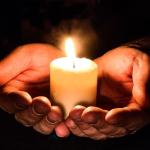 “For what shall we pray?” is a weekly post inviting individuals, groups, and congregations to lift up our world in prayer. This resource is prepared by a variety of leaders in the ELCA and includes prayer prompts, upcoming events and observances, and prayer suggestions from existing denominational worship materials. You are encouraged to use these resources as a starting point, and to adapt and add other concerns from your local context. More information about this resource can be found here.
“For what shall we pray?” is a weekly post inviting individuals, groups, and congregations to lift up our world in prayer. This resource is prepared by a variety of leaders in the ELCA and includes prayer prompts, upcoming events and observances, and prayer suggestions from existing denominational worship materials. You are encouraged to use these resources as a starting point, and to adapt and add other concerns from your local context. More information about this resource can be found here.
Prayer prompts:
For an end to war, conflict, and uncertainty especially in Gaza, South Sudan, Ukraine, Iran, and Venezuela…
For peace and resolution in Minneapolis, and for safety for all residents…
For safety, dignity, and justice for immigrants, refugees, and asylum seekers…
For deescalation of tensions surrounding Greenland and international relations…
For victims of train crashes in Spain…
For those facing winter storms and extreme cold across the United States…
For newly-installed Bishop Imam Haddad and the Evangelical Lutheran Church in Jordan and the Holy Land…
For Christian communities in Palestine and especially for schools…
For renewed unity in Christ among churches and denominations around the world…
Events and observances:
January Observances: National Blood Donor Month, National Human Trafficking Prevention Month, Poverty in America Awareness Month, Mental Awareness Month
Week of Prayer for Christian Unity (Jan 18-25)
Henry, Bishop of Uppsala, martyr, died 1156 (Jan 19)
Martin Luther King Jr., Day (Jan 19)
Agnes, martyr, died around 304 (Jan 21)
Conversion of Paul (Jan 26, transferred)
Timothy, Titus, and Silas, missionaries (Jan 26)
Lydia, Dorcas, and Phoebe, witnesses to the faith (Jan 27)
Thomas Aquinas, teacher, died 1274 (Jan 28)
Prayers from ELCA resources:
A prayer for peace among the nations (ELW)
Gracious God, grant peace among nations. Cleanse from our own hearts the seeds of strife: greed and envy, harsh misunderstandings and ill will, fear and desire for revenge. Make us quick to welcome ventures in cooperation among the peoples of the world, so that there may be woven the fabric of a common good too strong to be torn by the evil hands of war. In the time of opportunity, make us be diligent; and in the time of peril, let not our courage fail; through Jesus Christ our Lord. Amen.
A prayer for those who are incarcerated (ACS)
Mighty God, merciful and just: we pray for our jails, prisons, and detention centers, that they be places of fair and humane treatment for all. Lead us to end solitary confinement and other cruel and demeaning practices. Guide police and corrections officers, attorneys and judges to use wisely the power entrusted to them. Inspire prison worshiping communities and chaplains. Rouse us to eradicate racism, corruption, and greed in the criminal justice system. By your Spirit, transform our society, that the dignity and worth of every incarcerated person be honored. We ask this through your resurrected Son, our Savior, Jesus Christ. Amen.
—
The following topical resources are available from resources.elca.org for use in public worship and personal devotion:
Worship resources for the crisis in the Holy Land
Worship resources for the Eastern Europe Crisis
—
ELW = Evangelical Lutheran Worship
ACS = All Creation Sings: Evangelical Lutheran Worship Supplement
Additional topical prayers are found in Evangelical Lutheran Worship (pp. 72–87) and All Creation Sings (pp. 46–55), as well as in other resources provided in print and online at sundaysandseasons.com.
Crafted intercessions for every Sunday and festival are provided in the Sundays and Seasons worship planning guide published in-print and online by Augsburg Fortress. Further assistance for composing prayers of intercession can be found here: Resources for Crafting Prayers of Intercession
Prayer Ventures, a daily prayer resource, is a guide to prayer for the global, social and outreach ministries of the ELCA, as well as for the needs and circumstances of our neighbors, communities and world.



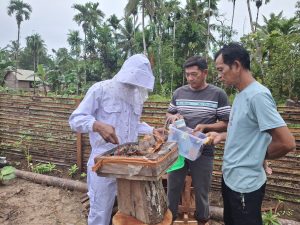
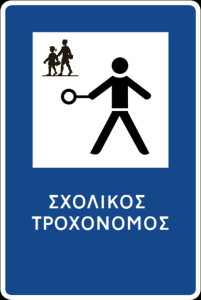 2.
2.  3.
3.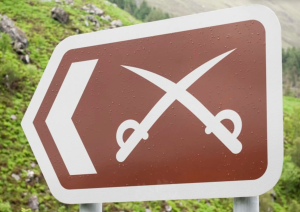 4.
4. 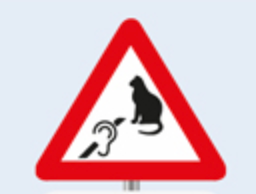
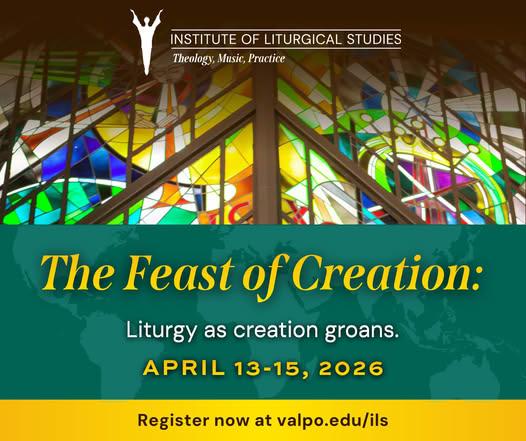
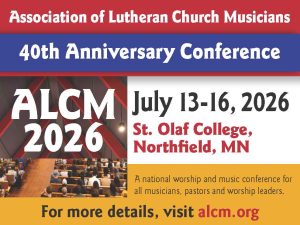
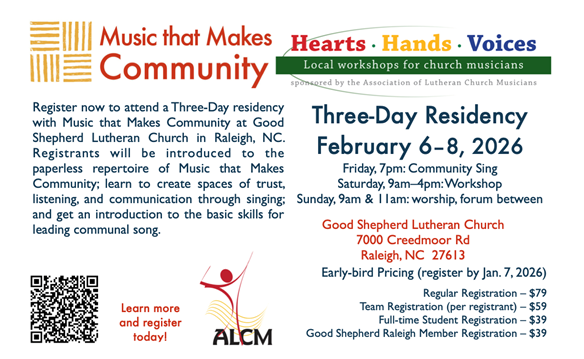
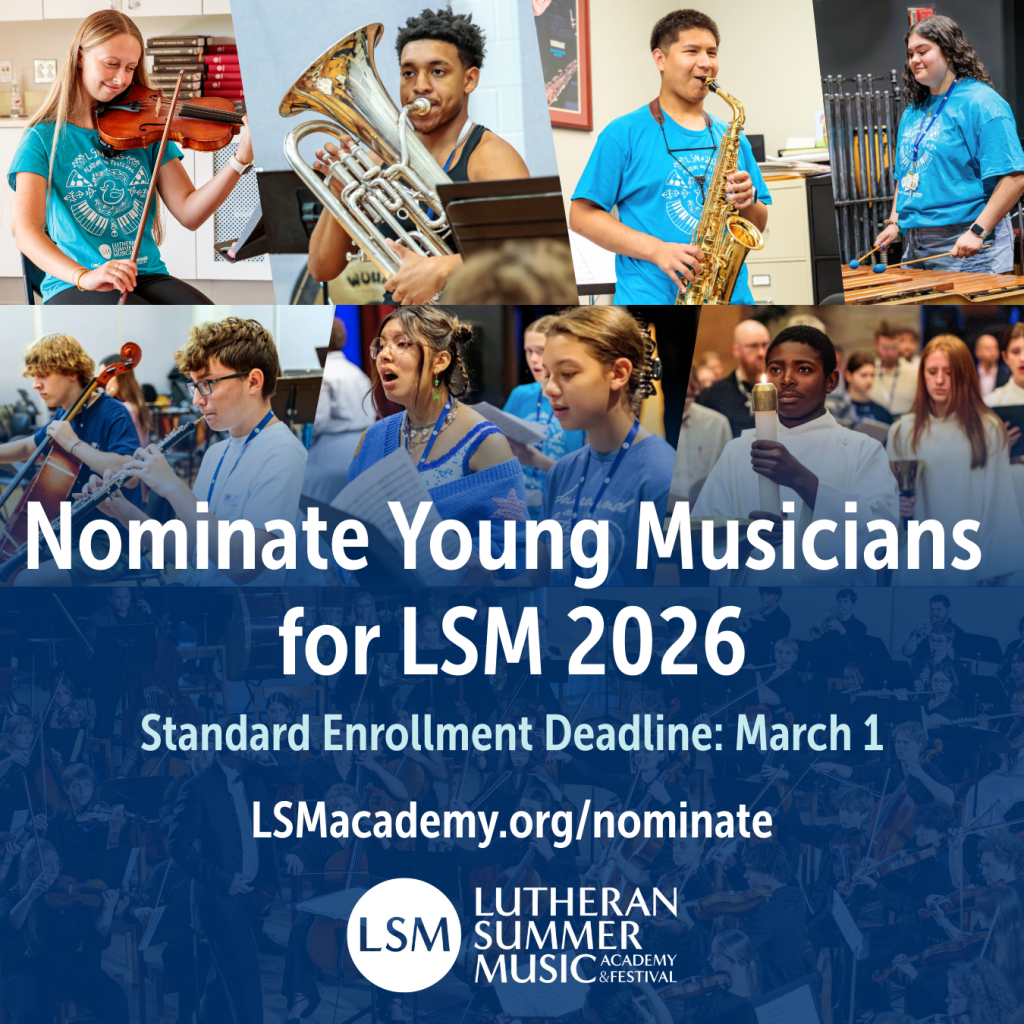

![JESUS MAFA. John baptizes Jesus, from Art in the Christian Tradition, a project of the Vanderbilt Divinity Library, Nashville, TN. https://diglib.library.vanderbilt.edu/act-imagelink.pl?RC=48290 [retrieved January 7, 2026]. Original source: http://www.librairie-emmanuel.fr (contact page: https://www.librairie-emmanuel.fr/contact).](https://blogs.elca.org/faithlens/files/2026/01/Mafa021-300x198.jpg)